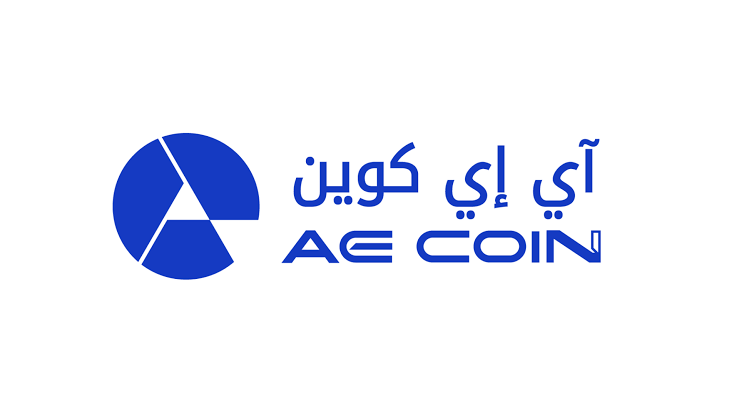AED Stablecoin is poised to become the first regulated dirham-pegged stablecoin in the United Arab Emirates as it secures initial approval from the Central Bank.
AED Stablecoin has been granted in-principle approval by the Central Bank of the United Arab Emirates (CBUAE). This implies that the organization is now in a favorable position to become the first issuer of a stablecoin pegged to the dirham in the region that is fully regulated.
The approval is for the government’s vision for the near future, particularly the UAE’s Digital Government Strategy 2025. It is granted under the Central Bank’s recently established Payment Token Service Regulation framework.
The Central Bank’s approval represents a significant milestone in the adoption of Dirham-pegged cryptocurrency
As previously mentioned, this initial license only immediately grants AED Stablecoin the full authority to implement its stablecoin plans. Nevertheless, it undoubtedly brings it one step closer to realizing that aspiration.
The objective of AED Stablecoin is to introduce the AE Coin, a dirham-pegged stablecoin, to the UAE in a manner that would not only serve as a local trading pair but also as a widely accepted means of payment for the everyday transactions of an average UAE resident.
Nevertheless, the UAE’s recently revised regulatory framework has rendered these aspirations exceedingly intricate for AED Stablecoin. The framework mandates that all stablecoin issuers secure their stablecoins with tangible assets, such as cash, stored in escrow accounts within UAE banks. It is either that or they invest at least 50% of their reserve assets in cash, with the remaining balance in secure options such as UAE government bonds and CBUAE Monetary Bills.
Additionally, the framework prohibits the use of specific high-risk tokens, including algorithmic stablecoins and privacy coins. The nation’s commitment to establishing a secure and safe crypto environment for its citizens is underscored by these actions, particularly given the astonishing growth rate of the crypto space.
If fully approved, AE Coin would function as a local trading pair, simplifying the process of engaging with digital assets for residents and traders. Furthermore, the stablecoin has the potential to broaden the use of crypto payments in the UAE by being accepted by merchants for everyday goods and services.
Competition for AED Stablecoin is on the rise
Undoubtedly, AED Stablecoin is on the cusp of achieving full approval. This is remarkably accurate in light of the recent in-principle approval.
Nevertheless, it must fight for prominence and gain ground to compete globally with USDT and USD Coin (USDC).
For example, Tether recently disclosed its intention to collaborate with Phoenix Group and Green Acorn Investments, headquartered in the United Arab Emirates, to introduce a dirham-pegged token. This is even though its status as the world’s largest stablecoin issuer by market capitalization is not currently at risk.
Nevertheless, the action is expected to exacerbate the competition among issuers as they each endeavor to control the rapidly expanding stablecoin market in the UAE.



